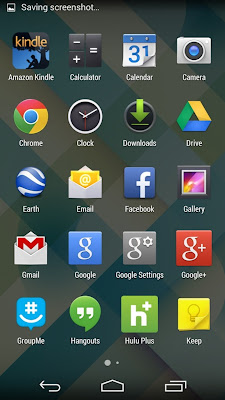Alexa will make your car smarter -- and vice versa
The integration into vehicles is yet another sign of how dependent we're becoming on AI.
[...] Within a span of just two years, Amazon's cloud-based voice service has spread far beyond the Echo speaker with which it first debuted. Alexa has gone from being an at-home helper to a personal assistant that can unlock your car, make a robot dance and even order groceries from your fridge.The rest of the article is in an interview format, discussing where this is all going, and how and why, and what the future holds. Read the whole thing for embedded links, photos, video and more.
At CES, both Ford and Volkswagen announced that their cars would integrate Alexa for weather updates, navigation and more. According to CJ Frost, principal architect solutions and automotive lead at Amazon, the car industry is moving into a mobility space. The idea isn't restricted to the ride anymore; it encompasses a journey that starts before you even get in the car. With the right skills built into the voice service, you can start a conversation with Alexa about the state of your car (is there enough fuel? is it locked? etc.) before you leave the house. It can also pull up your calendar, check traffic updates and confirm the meeting to make sure you're on track for the day.
Using a voice service in the car keeps your connection with the intelligent assistant intact. It's also a mode of communication that will be essential to autonomous cars of the near future. I caught up with Frost and John Scumniotales, general manager of Automotive Alexa service, at the Las Vegas convention center to trace the progression of the intelligent assistant from home speakers to cars on the road. [...]
There have been lots of reviews on Youtube comparing Alexa with Google Home. People who use a lot of Google Services, claim the Google device is smarter and therefore better. But it's not that simple.
I have both devices. If you ask your question of Alexa in the format of: "Alexa, Wikipedia, [your question here]", the answer you get will often be as good or better than what Google can tell you. Alexa has been around longer, has wider integration, and more functions available. It can even add appointments to my Goggle Calendar, which Google Home says it cannot do yet!
Google Home does have some features it excels at, such as translating English words and phrases into foreign languages. If you own any Chromcast dongles, you can cast music and video to other devices, which is pretty cool. Presently it's biggest drawback is the lack of development of applications that work with it. However, it's POTENTIAL is very great, and a year or two from now we may see a great deal more functionality. It has the advantage of access to Google's considerable data base and resources. It could quickly catch up with Alexa, and perhaps surpass it. But that still remains to be seen.
It's not hard to make a video that makes one device look dumber than the other. But in truth the devices are very similar. Both can make mistakes, or fail at questions or functions. Sometimes one does better than the other. I actually like having both. It will be interesting to watch them both continue to evolve. To see if Google can close the gap created by Amazon's early head start. To see how the two products will differentiate themselves over time.
For the present, if you require a lot of integration with 3rd party apps and hardware, and if you are already using Amazon Prime and/or Amazon Music services, you might prefer Alexa. If you you are heavily into Google services, and/or Google Music or Youtube Red, you might prefer Google Home. Or if you are like me, an Amazon Prime/Music member and experimenting with Youtube Red and owner of chromcast devices, you may prefer both! Choice is good!







